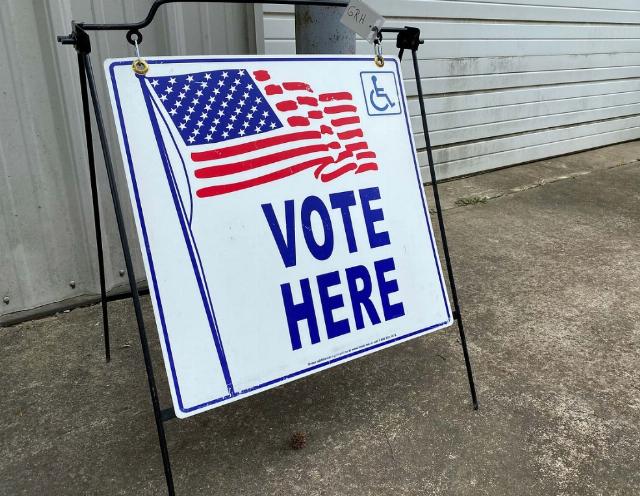What did states vote for in November 2024?
The November election brought numerous hotly debated topics to the ballot. Controversial issues on the 2024 ballot were ranked choice voting (RCV), non-citizen voting, abortion rights, and the legalization of recreational marijuana. As far as the issues go, voters favored abortion as a constitutional right in six of nine states that voted on the measure. The other measures were largely rejected.
Abortion
Despite progressive arguments to the contrary, the Dobbs decision has not made abortion inaccessible. Rather, it gives the states the ability to regulate abortion. The federalist perspective is to bring decisions about important issues as close to the legislative and voter base as possible, ideally making those decisions more closely representative of the people’s will.
As such, voters in six states have spoken resoundingly, and those states are not all deep “blue” states. Arizona, Colorado, Maryland, Missouri, Montana, and Nevada passed initiatives or amendments to create a “constitutional right to abortion.” Politico published live results on the issues being discussed.
Ranked Choice Voting
Ranked choice voting was a loser in 4 out of 6 states nationwide. Washington, D.C. was the only place RCV managed to survive, winning with a decisive 73% of the vote. The states specifically rejecting RCV are Colorado, Idaho, Missouri, and Oregon. Politico shows the following on RCV and open primaries. Alaska’s results remain close, with 80 percent of the vote in so far.
RCV, also called “instant runoff voting,” is favored by progressive voters and was aggressively pushed this cycle. My article on RCV explains why RCV erodes the Fourteenth Amendment equal protection guarantee, despite claims to the contrary.
Notably, in this cycle, Alaska’s voters seem to be on the cusp of voting against RCV even though they voted in favor of an RCV proposition (Proposition 2) in 2020. Alaska’s 2024 proposal on RCV is called Measure 2.
Prop 2 was an illegitimate push for RCV because it violated the state’s constitution. Proposition 2 was illegitimately bundled with a dark money initiative. So those who didn’t want dark money in elections also had to accommodate a vote for RCV. Many argued that Prop 2 was purposely written the way it was to force RCV in the state. Alaska’s 2022 jungle primary was arguably a mess because of it, perhaps leading to 2024’s corrective result. It will be interesting to see what Alaskans ultimately decide.
Non-Citizen Voting
Proposals to allow ballot access to non-citizens were roundly rejected in all the states in which the question was considered on the ballot. It is illegal for noncitizens to vote in federal elections. However, some states felt it was necessary to batten down the hatches locally on non-citizen voting. The decision to ask voters to weigh in on non-citizen voting may be because there are at least 16 jurisdictions where non-citizens are allowed to vote in certain local elections, including important local decisions like mayors, school boards, and city councils. Nevada was a little softer in its approach when it asked voters to affirm voter ID to vote rather than a question that “prohibits noncitizens from voting.”
Legalizing Recreational Marijuana
Finally, the question of legalizing recreational marijuana appeared on the ballots of 5 states during the 2024 presidential election. Only one state roundly voted for the legalization of pot: Nebraska, with a 40-point margin. According to reporting from Politico, “more than 155 million Americans live in states with legal weed” after the November 2022 election results were tallied, almost 50 percent of the nation’s population.
Nebraska voters may come to regret their decision if Colorado is any indication of what is to come. Recreational marijuana was first legalized in Colorado and Washington in 2012. One of the architects of legalized marijuana in Colorado says it the decision was “shameful, hurts people, and is not ‘safer.’”
According to marijuana.procon.org, “societal costs” are top on the list of regrets. Those human costs include ”increased medical visits, “increased pediatric patients with issues related to marijuana,” the rise of “marijuana-related traffic deaths,” and higher rates of “workplace incidents including injuries and absenteeism.” SmithJohnson Research seems to confirm the trend of regret with Colorado voters. Their poll results show that “51 percent of people who voted three years ago say they would today vote against legalization.” California legalized pot in 2016, and its illegal pot market “is booming despite legalization,” according to a 2019 article from the New York Times.

Image: cagdesign via Pixabay, Pixabay License.





